Gal Gadot, Steven Spielberg, and Sacha Baron Cohen were among the nominees shortlisted for the 2021 Genesis Prize, also sometimes referred to as the “Jewish Nobel.”
The Genesis Prize Foundation (GPF) released the list on Wednesday and invited the global Jewish community to participate in the selection of next year’s winner. This is the first time that the process of choosing a winner has been open to the public. The seven nominees were selected as a result of a month-long global online nominations campaign.
The annual Genesis Prize, a $1 million award established in 2013, seeks to recognize Jewish individuals who have attained excellence and international recognition in their chosen professional fields with a contribution to humanity and a commitment to Jewish values.
The 2021 nominees are:
- Elena Kagan, Justice of the United States Supreme Court (US)
- Sacha Baron Cohen, actor, director, and vocal critic of social media platforms (UK)
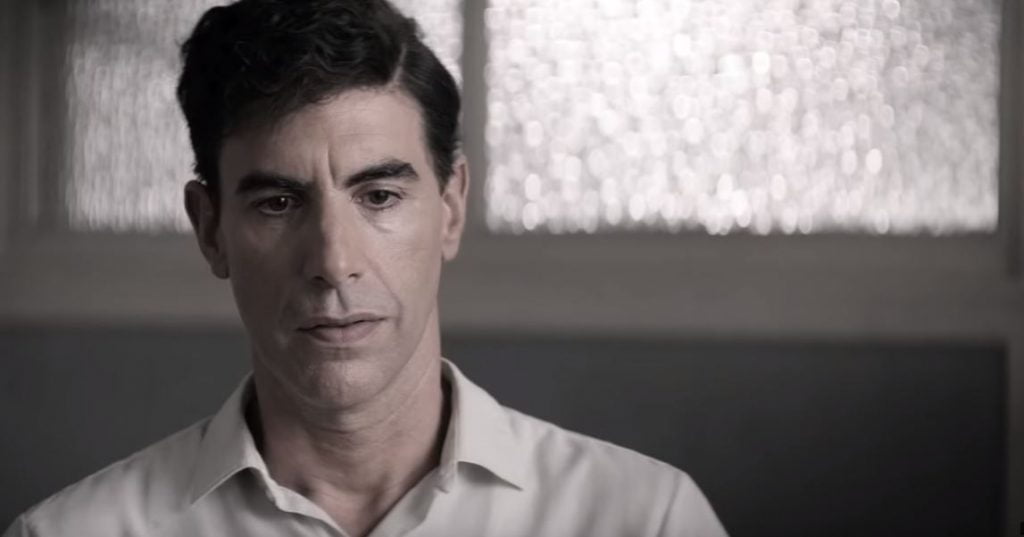
- Barbara Streisand, singer and actress (US)
- Lord Jonathan Sacks, theologian, author, and former UK chief rabbi (UK)
- Gal Gadot, actress, producer, and advocate for the empowerment of young women (Israel)

- Marc Benioff, founder of Salesforce, owner of TIME magazine, and major philanthropist.
- Steven Spielberg, film director, producer, and screenwriter.
Previous Genesis Prize recipients include philanthropist Robert Kraft in 2019, actress Natalie Portman in 2018, artist Anish Kapoor in 2017, violinist Itzhak Perlman in 2016, actor-director Michael Douglas in 2015, and former New York City mayor Michael Bloomberg in 2014.
Supreme Court Justice Ruth Bader Ginsberg was awarded a Lifetime Achievement Award.
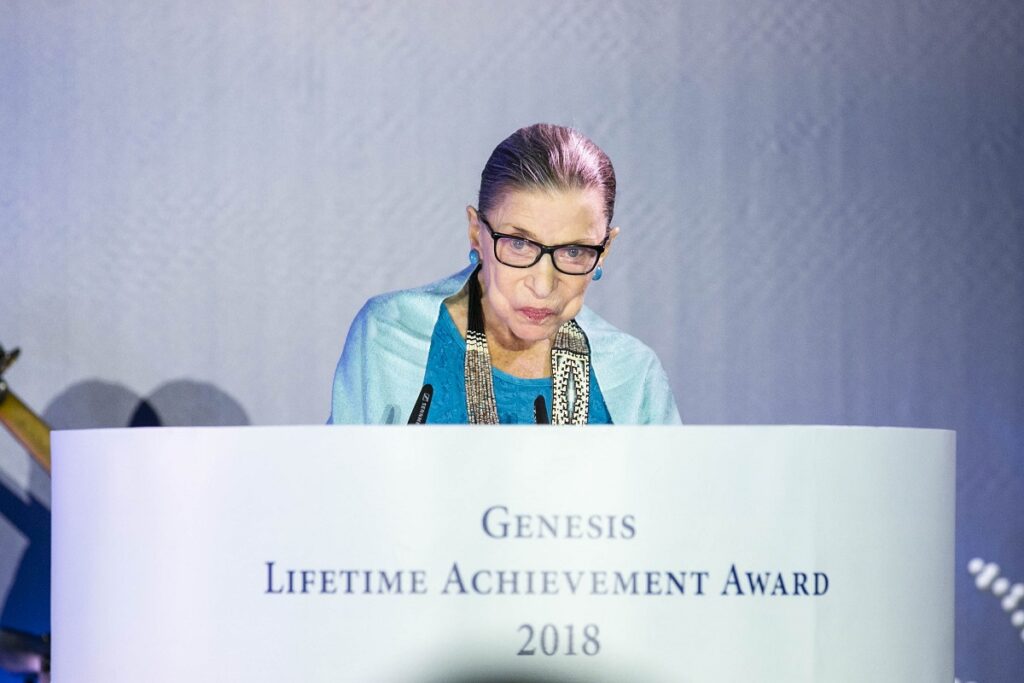
All previous laureates have donated their award to philanthropic initiatives such as those that advance women’s equality, support refugees, and improve the lives of those with special needs.
Voting for the 2021 recipient began on Wednesday and will be conducted online. The laureate will be announced early next year.
“The Genesis Prize is evolving from an elite committee-driven process to a more inclusive approach that seeks to engage the entire Jewish world. The voice of the Jewish people – from all walks of life, different demographic groups, and across generations – will now become an extremely important factor in the nomination and selection of our distinguished honorees,” said Stan Polovets, co-founder and chairman of The Genesis Prize Foundation.
“While members of the Selection Committee and the Prize Committee will make the ultimate decision, our foundation has asked them to give considerable weight to the popular vote as they start their deliberations regarding the 2021 Genesis Prize Laureate,” he added in a press statement.
Polovets said that if this experimental approach proves successful, it will be adopted for nomination and selection of all future laureates.
Some 45,000 people voted for the current nominees “who could be role models for the next generation of Jews,” said Isaac Herzog, chairman of the Genesis Prize Selection Committee and chairman of the Jewish Agency for Israel. “The quality, diversity, and accomplishments of the nominees are amazing and will make it very difficult for the judges to select one winner from a shortlist of seven outstanding individuals.”
Sign up for our free weekly newsletter
SubscribePast Genesis Prize winners
The 2021 Genesis Prize winner will follow Sharansky, the recipient of the 2020 Genesis Prize, a Jewish refusenik, leader in the Soviet Jewry emigration movement, former Israeli politician and former head of the Jewish Agency for Israel. He was the first recipient to currently live in Israel.
The selection committee noted Sharansky’s “extraordinary lifelong struggle for political and religious freedoms, emphasizing the relevance of his work in today’s world.”
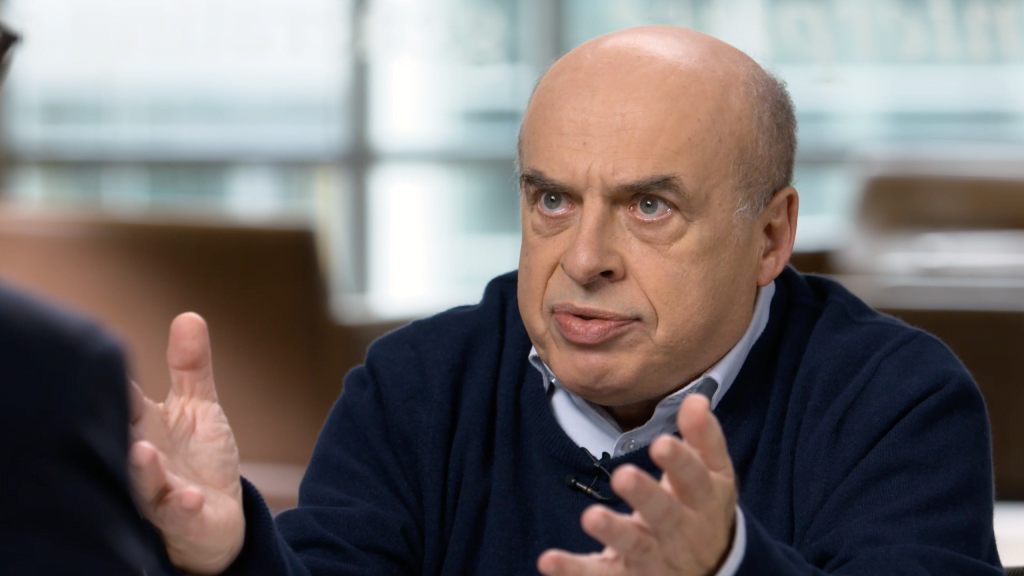
Much of Sharansky’s $1 million prize was awarded in the form of grants to 15 organizations fighting the coronavirus pandemic and supporting individuals most affected by it.
“Natan felt strongly that the most positive impact he could have as the Genesis Prize Laureate is to donate his $1 million prize in its entirety to organizations combating coronavirus and helping individuals most impacted by this vicious, invisible enemy,” said Polovets.
Genesis, in partnership with Start-Up Nation Central, also awarded additional prizes to Israeli companies working to combat the COVID-19 crisis.
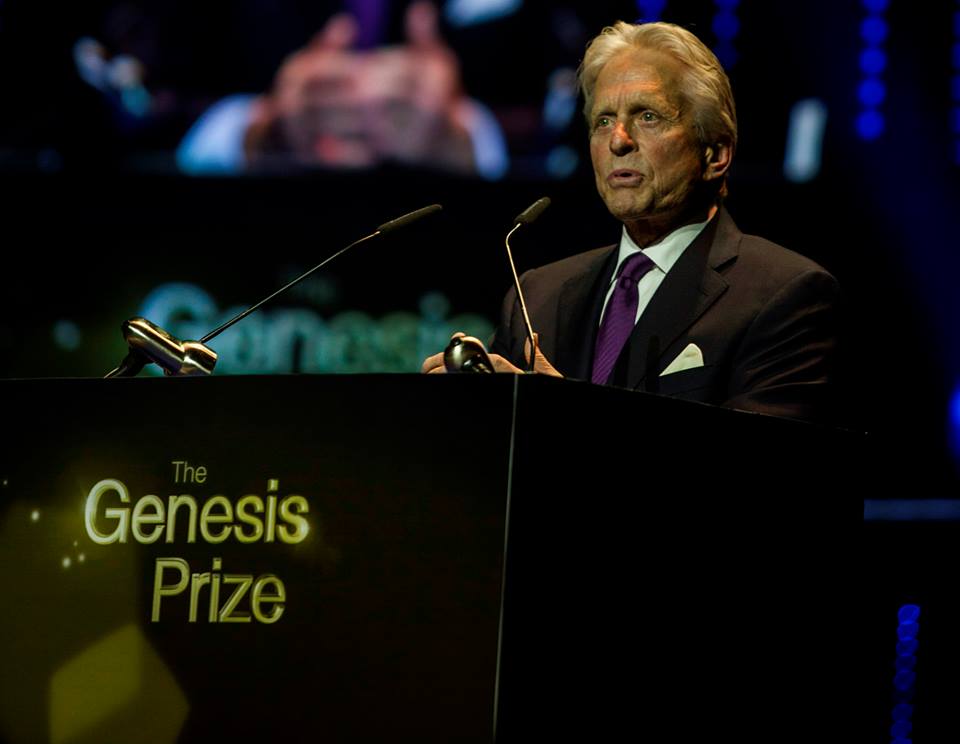
Polovets noted that some of the grants will deliver immediate relief to those most affected while others will seed longer-term advances against the disease. The former group includes Israeli organization 1221 Assistance for All – an emergency support service for residents of Jerusalem; ALEH Negev, working with children with severe disabilities; Association of Rape Crisis Centers of Israel, responding to a 40 percent increase in domestic violence cases; Hillel and Moishe House, supporting isolated elderly in Europe and the Former Soviet Union.
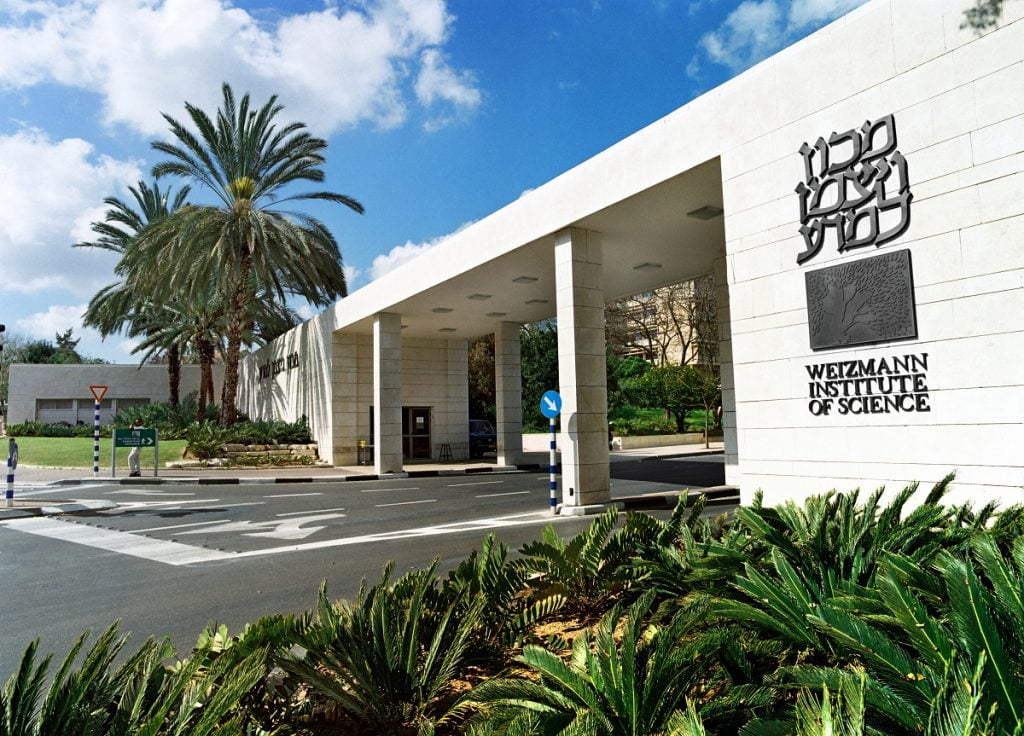
Grants were also given to Israel’s Weizmann Institute’s research program to develop a coronavirus vaccine, and two leading US universities, Columbia and New York University (NYU).
“Many people of goodwill around the world have given generously to help organizations and individuals who have been devastated by COVID-19; I am grateful to have the opportunity to contribute to this humanitarian effort,” said Sharansky. “Throughout the long history of the Jewish people, our ability to come together as one during the times of crisis – to unite and help each other – gave us strength to persevere and face the future with hope and confidence. That’s why I cannot think of a better way to use the Genesis Prize money than to fund those who are fighting the coronavirus epidemic, both in Israel and around the world.”
Separately, the Genesis Prize has not been without controversy. In 2018, Natalie Portman declined to attend the prize ceremony because Israel’s prime minister Benjamin Netanyahu was set to give a speech. This was after Israeli-South African philanthropist and entrepreneur Morris Kahn announced he was donating an additional $1 million. The foundation subsequently cancelled the ceremony.

And in 2019, Robert Kraft’s award was also deemed controversial because he was charged with soliciting a prostitute. The case is being appealed
Related posts

Rehabilitation Nation: Israeli Innovation On Road To Healing

Israeli High-Tech Sector 'Still Good' Despite Year Of War





Facebook comments